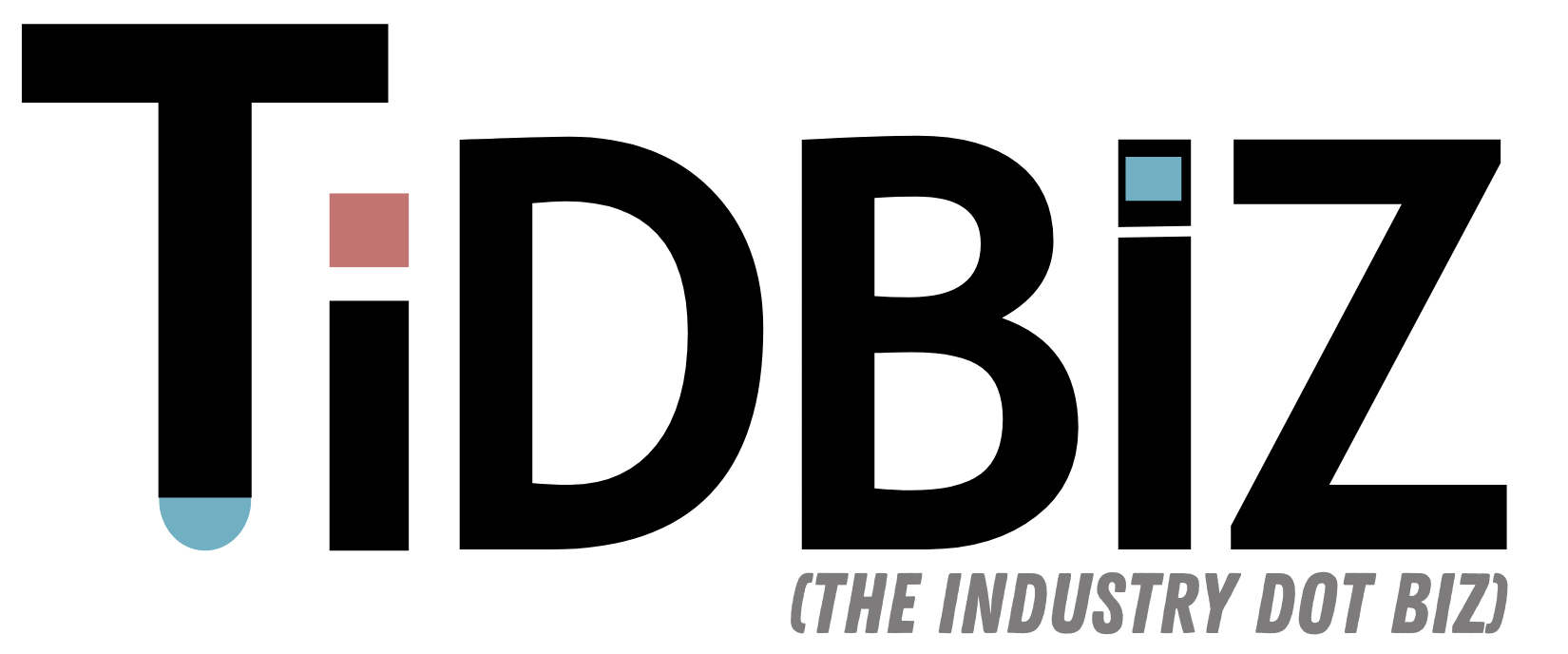Introduction
Clark Howard, a Consumer Adviser, highlights the growing issue of criminals using artificial intelligence to defraud individuals and small business owners. This case study involves Mari Gomez, a small business owner, who fell victim to a scam that cost her nearly $2,000.
The Scam
- Victim: Mari Gomez, a small business owner who recently acquired a license for a cleaning business.
- Fraudsters’ Approach: Shortly after acquiring her license, Mari received a call offering a lucrative contract for 110 homes, contingent upon purchasing liability insurance.
- Scammer: The fraudster, Nicole Diaz, claimed to be an agent from Coastal Insurance.
- Payment Method: Mari was instructed to make a down payment of $1,750 using her debit card at a Chase Bank.
- Outcome: Hours after making the payment, all communication with the fraudster was cut off. Upon contacting Coastal Insurance, Mari discovered that Nicole Diaz was not an employee and the company had received multiple similar complaints.
Impact of AI on Fraud
- Increased Fraud: Supervisory Special Agent Aaron Sears explained that AI has simplified the process for fraudsters, providing tools and examples to carry out scams.
- Financial Impact: The FBI’s annual internet crime report states that Americans have lost nearly $40 billion to fraud since 2019.
Bank’s Response
- Chase Bank’s Position: Since the payment was made using a debit card, Chase Bank informed Mari that they could not credit her account as it was considered a scam, not a fraud.
Preventive Measures
- Screen Calls: Do not answer calls from unknown numbers, even if the caller ID appears legitimate.
- Verify Offers: Always check the legitimacy of any service offered to your business and get quotes from other sources.
- Be Vigilant: If an offer seems too good to be true, it likely is. Avoid making payments or providing personal information.
Key Tip
Clark Howard emphasized a common pattern in scams: the “if-then” scenario. If a service requires an upfront payment or action before delivering a benefit, it is often a red flag for potential fraud.
Conclusion
Fraudsters are increasingly using AI to carry out sophisticated scams targeting small business owners and consumers. By staying vigilant, verifying offers, and avoiding unsolicited calls, individuals can better protect themselves from becoming victims of such scams.

